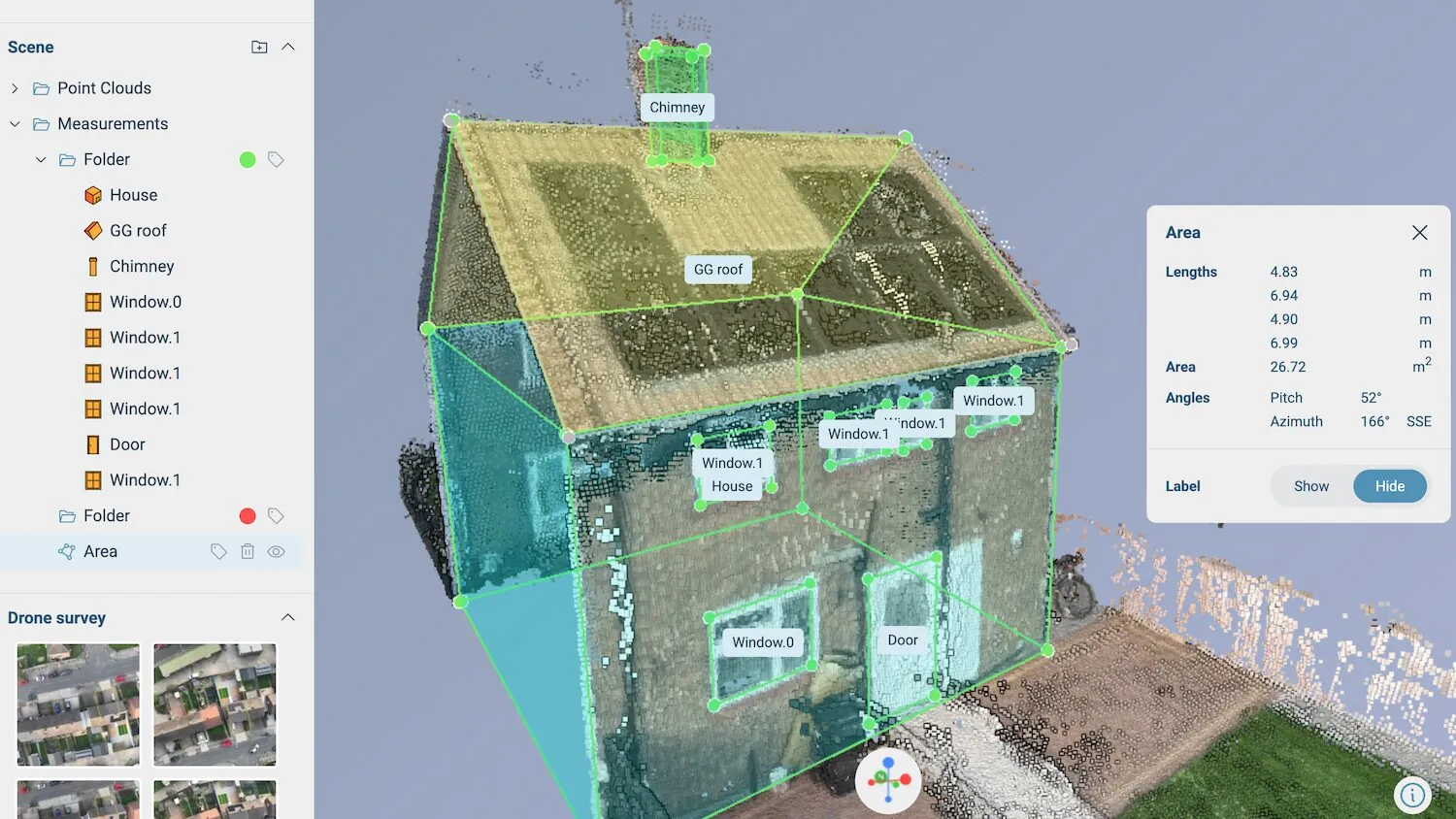
RICS sets standard for surveyors’ use of AI
RICS has published a detailed professional standard for surveyors’ use and development of AI-enabled technologies. In so doing, it is the first major built environment institution to embed AI into its standards.

The standard sets out mandatory requirements and best practice expectations for RICS members and regulated firms worldwide. It addresses the integration of AI across valuation, construction, infrastructure and land services, and aims to ensure these tools are used ethically, transparently and with professional oversight. The standard will take effect on 9 March 2026, so RICS members and RICS-regulated firms have six months to prepare for it.
The standard’s scope is posited on the reasonable conclusion that most RICS members and regulated firms will use AI systems developed and provided by third parties. But the standard also covers RICS members and regulated firms that will be directly involved in the development of AI systems.
RICS noted: “This is a conduct standard. It therefore does not cover the detailed and technical use of specific forms of AI in specific areas of surveying practice. It is recognised that AI can be deployed for a wide range of uses, and some AI system outputs may be incidental or unrelated to the delivery of surveying services. This standard applies to the outputs of AI systems that have a material impact on the delivery of the surveying service.”
The standard provides an example of the latter: “Outputs summarising documents that are then relied on when writing a report, outputs composing all or the significant parts of an opinion, or outputs recommending which part of a building to investigate for a fault can be considered to have a material impact on the delivery of the service.”
If the standard conflicts with legislation in any jurisdiction, the legislation takes precedence, but RICS members and regulated firms must make a record of the conflict and report it to RICS.
Basic understanding of AI required
Initially, the standard requires RICS members who use AI systems to deliver surveying services to ensure that they have a basic understanding of:
- the different types and subsets of AI systems and their basic ways of working, limitations and failure modes;
- the risk of AI systems producing erroneous output;
- the inherent risk of bias in AI systems; and
- data usage and data risks relevant to the use of AI systems.
Next, the standard tackles practice management. Firms must implement clear policies around data use, AI system governance and risk documentation – including the creation of risk registers. Reinforcing how detailed the standard is, it’s worth noting that it requires RICS-regulated firms to consider the environmental impact of using AI systems.
To use AI systems, RICS-regulated firms must carry out “detailed due diligence before procuring from a third-party supplier an AI system (whether embedded in a broader technological solution or not) that will have a material impact on the delivery of surveying services”.
Reliability of AI outputs
RICS members and regulated firms must document their decision about the reliability of AI-enabled outputs in writing. A written decision about the reliability of any given output by a RICS member or regulated firm must be prepared by, or under the supervision of, an appropriately qualified and named surveyor who accepts responsibility for its use.
Where there is a high volume of AI outputs, the standard allows RICS members and regulated firms to scrutinise random samples of the outputs at regular intervals.
The standard also requires RICS members and regulated firms that use AI systems with a material impact on the delivery of surveying services to make clear to their clients, in writing and in advance of using those AI systems, when and for what purpose AI is to be used. Members and firms should be prepared to provide clients with options for redress or opting out.
RICS acting president elect Maureen Ehrenberg said: “AI offers real promise to the surveying profession, but only if used responsibly and ethically. This standard ensures surveyors remain at the forefront of innovation while protecting clients, data and public trust. It supports the profession’s adaptation to rapidly advancing technologies while reinforcing the core role of the surveyor – to provide trusted, independent and ethical advice. This initiative reflects RICS’s broader mission to uphold the highest technical and ethical standards across the built and natural environment, ensuring innovation is aligned with the public interest.”
Keep up to date with DC+: sign up for the midweek newsletter.



